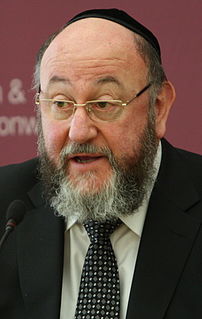A Quote by Terry Glavin
To fans of British Labour Leader Jeremy Corbyn, the Chilcot report should be read as a kind of Rorschach test - those experiments psychiatrists sometimes use to determine what their patients imagine they are seeing in the shapes of inkblots.
Related Quotes
Writing a book about Jeremy Corbyn, set out with two objectives. The first was simple: to explain how he became the leader of the Labour Party. I was disappointed - but not at all surprised - at the complete absence of intellectual curiosity on display. The second objective I had to try to capture for posterity the excitement and spirit of the first Corbyn campaign. Those moments when the impossible suddenly becomes possible are so powerful to those who experience them. I think it's politically valuable to relive such moments, to learn the lessons of what went right.
Jeremy Corbyn couldn't have won without Labour changing its leadership election rules in 2014, but which more importantly got rid of the electoral college that had given MPs a third of the say over who leads the party. That's why Diane Abbott came last when she ran for leader in 2010, even though in the absolute number of votes she came third out of five. It's one of those wonderful historical ironies that the change to the rules was a victory for the Labour right, the result of a push back against the unions who had been asserting themselves more forcefully within the party.


































